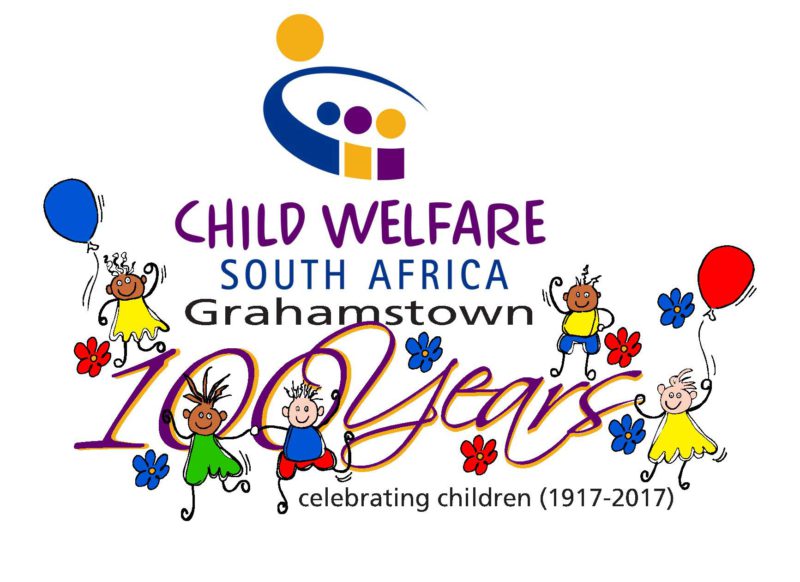South Africa’s levels of violence against children are among the highest in the world! During National Child Protection Week in June 2017, the Department of Social Development reminded us that one in three children in our country are victims of child abuse.
Despite public outcry against child abuse and various campaigns, our high caseloads continue to tell the story that somehow, the circumstances that exist in our society makes it possible for people to continue abusing children. Child abuse is fast becoming the greatest crime of opportunity.
Anita Marshall for RAPCAN attributes this opportunity to several factors, including, the child’s often powerless position in society, the amount of unprotected children because mothers are working, the amount of unemployed men who have access to children, male expectations of unquestioned access to women and children, the conspiracy of secrecy and silence for the perpetrator by family members and colleagues, and children without information about their body rights and their ability to challenge abusive adults.
As a society and as parents we know we have a duty to do more to ensure that the most vulnerable in our society do not suffer abuse. However, many underlying factors which perpetuate the abuse cycles may often feel outside of an individual’s reach. Despite this, we need to be reminded that it really is in our hands to stop the cycle of neglect, abuse, violence and exploitation of children. You may ask yourselves, where and how do we begin?
Our experience has shown that effective family functioning acts as a buffer against child abuse. The family is the first line of protection for children. We use this opportunity to stress the importance of the responsibility of parents and caregivers to build a protective and loving home environment in order that children may grow, learn and develop to their fullest potential. This involves employing positive parenting practices.
Positive parenting practices include disciplining children effectively by establishing clear rules, using praise, leading by example, having realistic expectations of children, using a firm tone of voice and not shouting, picking your battles and instead of resorting to physical punishment using alternative methods to change behaviour. Key parenting practices include communicating effectively and problem-solving effectively.
The MRC-UNISA Safety and Peace Promotion Unit provides the following guidelines to parents and caregivers in preventing child and abuse and neglect:
You should never discipline your child when your anger is out of control; You should get involved in your child’s activities and get to know his/her friends; You should avoid leaving your child unattended and unsupervised; you need to teach your child the difference between “good touches,” “bad touches,” and “confusing touches”; When your child tells you he/she does not want to be with someone, you should be concerned. You need to listen to them and believe what they say; You need to be aware of changes in your child’s behaviour or attitude and inquire into it; Your child needs to know what to do if he/she becomes separated from you while away from home; You need to teach your child the correct names of his/her private body parts; You need to be alert for any talk that reveals premature sexual understanding; You must pay attention when someone shows greater than normal interest in your child; You need to make certain that your child’s creche/school will release him/her only to you or someone you officially authorize.
Positive parenting practices are the first step to reducing the risk of child abuse from persisting and preventing the occurrence of new instances of child abuse.



